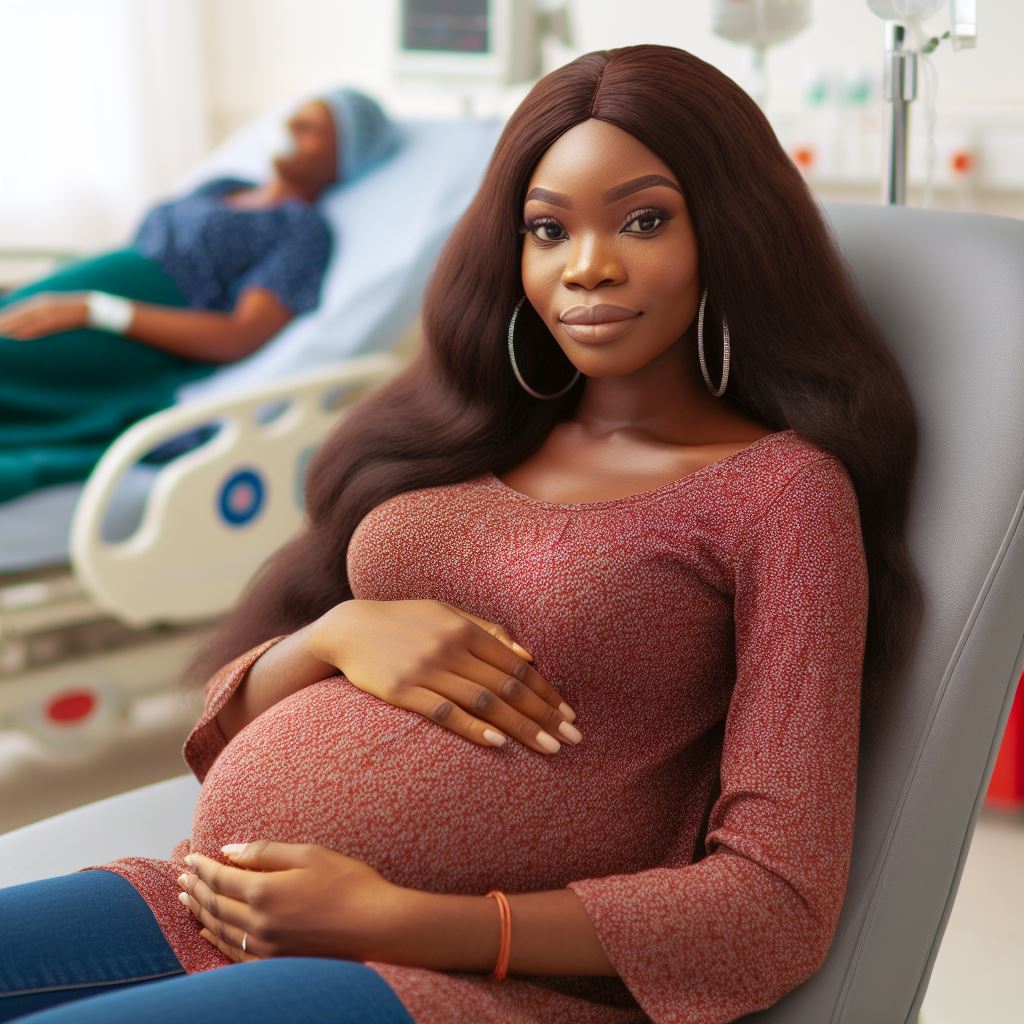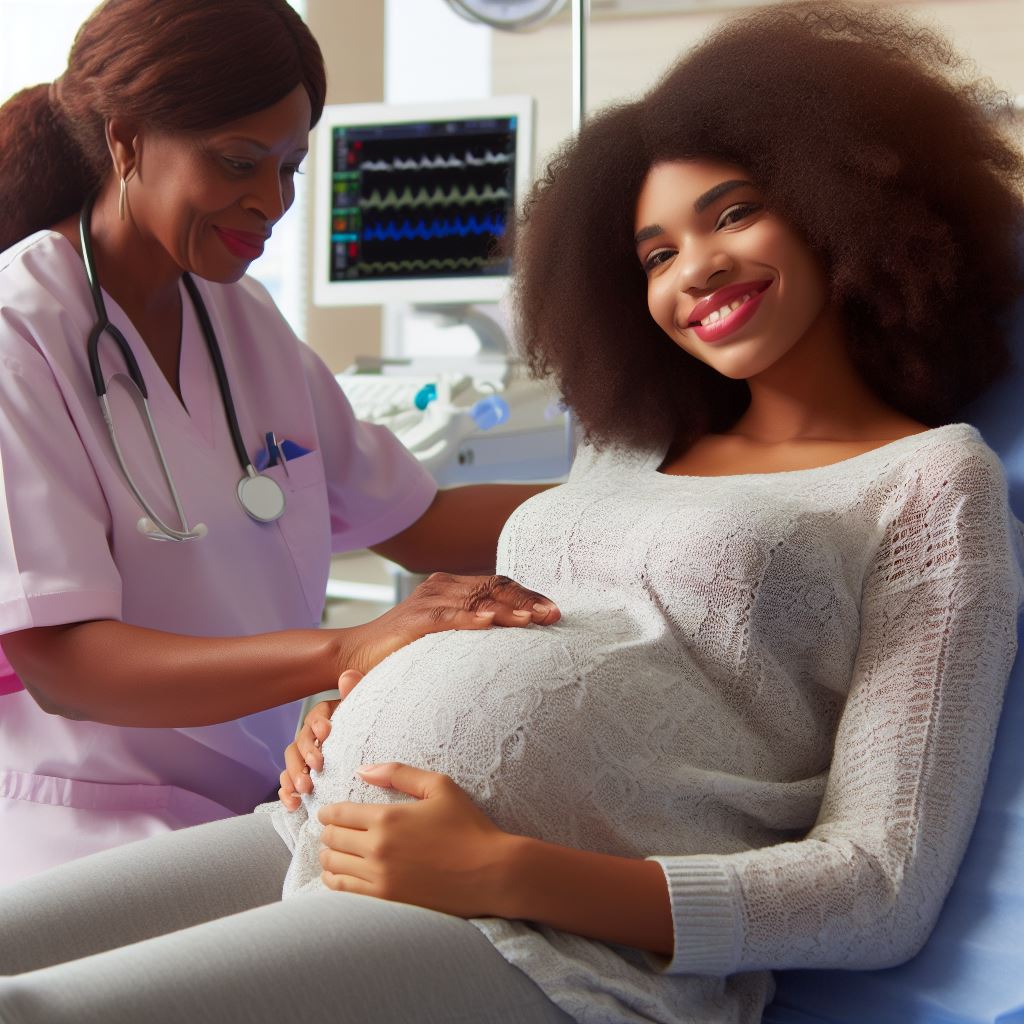Introduction
A. Leg Cramps in Pregnancy
Leg cramps are a common discomfort during pregnancy, affecting many expectant mothers due to various reasons.
B. Anecdote to Capture Attention
Picture this: Nearly 50% of pregnant women experience agonizing leg cramps, disrupting their sleep and daily routines.
C. Purpose of the Blog Post
This chapter serves as a guide to help pregnant women prevent and alleviate leg cramps effectively.
- Explore the causes of leg cramps during pregnancy.
- Understand the importance of early prevention for a smoother pregnancy journey.
- Discover lifestyle adjustments and exercises to minimize the frequency and intensity of leg cramps.
- Gain insights into hydration, nutrition, and the role of certain vitamins and minerals.
- Learn when to seek medical advice if leg cramps persist, ensuring a healthy pregnancy.
Read: Pregnancy and Heartburn: Effective Relief
Understanding Leg Cramps in Pregnancy
A. Leg cramps and their causes during pregnancy
Leg cramps in pregnancy refer to sudden, painful muscle contractions, primarily affecting the calf muscles.
These cramps are caused by various factors, including:
- Weight gain: The additional weight puts pressure on leg muscles, leading to cramps.
- Changes in blood circulation: Pregnancy hormones can cause blood vessels to constrict, impacting blood flow to the legs and resulting in cramps.
- Mineral imbalances: Decreased levels of calcium, potassium, and magnesium can contribute to leg cramps during pregnancy.
- Nerve compression: As the uterus expands, it may put pressure on the nerves, leading to cramping.
B. The prevalence and frequency of leg cramps in pregnant women
Leg cramps are a common discomfort experienced by pregnant women, with a high prevalence.
It is estimated that approximately 50-60% of pregnant women experience leg cramps.
Furthermore, leg cramps tend to occur more frequently during the second and third trimesters.
The exact reason for this increased frequency is not fully understood, but hormonal changes and increased weight are believed to play a role.
C. Potential discomfort, sleep disruption, and impact on daily activities caused by leg cramps
Leg cramps in pregnancy can cause significant discomfort and impact various aspects of a woman’s life.
Some of the potential consequences include:
- Disrupted sleep: Leg cramps often occur at night, causing pregnant women to wake up abruptly. This disrupts their sleep patterns and can lead to fatigue and daytime drowsiness.
- Physical discomfort: The intense pain associated with leg cramps can make it difficult for pregnant women to walk or perform daily activities.
- Emotional distress: Repeated leg cramps can cause stress, anxiety, and frustration, affecting the overall well-being of pregnant women.
- Decreased quality of life: Leg cramps may limit a pregnant woman’s ability to enjoy social activities or engage in physical exercise, reducing their overall quality of life.
Understanding leg cramps in pregnancy is crucial for expectant mothers.
By recognizing the causes, prevalence, and potential impact of leg cramps, pregnant women can take proactive steps to prevent and manage them effectively.
In the next section, we will explore valuable prevention tips to alleviate leg cramps during pregnancy and enhance overall well-being. Stay tuned!
Parenting Made Just for You
Get personalized Parenting Solutions tailored to your child’s needs. Transform your parenting journey with expert guidance in 1-3 days.
Get StartedRead: Understanding Pregnancy Hormones: A Nigerian Guide
Prevention Tips for Leg Cramps in Pregnancy
1. Maintain a well-balanced diet
Maintaining a well-balanced diet during pregnancy is essential in preventing leg cramps.
Increasing the intake of calcium and magnesium-rich foods can help alleviate this condition.
Some recommended food sources for these minerals include dairy products, leafy greens, nuts, and legumes.
2. Stay hydrated
Staying hydrated is another crucial aspect of preventing leg cramps.
Pregnant women should be reminded of the importance of drinking enough water throughout the day.
If plain water becomes monotonous, herbal teas or natural fruit-infused water can be great alternatives.
3. Perform regular exercises and stretches
Regular physical activity during pregnancy can help prevent leg cramps.
It is important to recommend safe exercises suitable for pregnant women, such as walking, swimming, and prenatal yoga.
Additionally, including leg stretches specifically targeting calf muscles can provide relief.
4. Wear comfortable footwear and clothing
Wearing comfortable footwear and clothing is also a preventive measure for leg cramps.
Advise pregnant women to choose shoes with proper support and avoid high heels.
Additionally, suggest loose-fitting clothing to improve circulation and reduce the risk of muscle cramps.
5. Elevate legs and practice good posture
Elevating the legs when sitting or lying down can alleviate leg cramps.
Unveil the Perfect Name that Tells Your Family's Story
Let us help you find a name that embodies your family's values, traditions, and dreams. Our personalized consultation weaves cultural insights to create a name that's uniquely yours.
Get StartedEncourage pregnant women to use pillows or a footstool to elevate their legs whenever possible.
Furthermore, maintaining good posture throughout the day by sitting and standing up straight can also help alleviate leg cramps.
6. Consider using warm compresses or therapeutic massages
Using warm compresses or seeking therapeutic massages can provide relief for leg cramps.
Explain the potential benefits of applying warm compresses to the affected muscles, as it can help relax and ease muscle tension.
Additionally, recommend the option of seeking professional massages for further relaxation and relief.
By following these prevention tips, pregnant women can reduce the likelihood of experiencing leg cramps and enjoy a more comfortable pregnancy.
It is important to emphasize the significance of a well-balanced diet, staying hydrated, exercising regularly, wearing appropriate footwear and clothing, practicing good posture, and considering alternative therapies like warm compresses and massages.
Read: Pregnancy Insomnia: Tips for Better Sleep

When to Seek Medical Attention
A. Warning Signs of Serious Conditions
- Prolonged Pain: If leg cramps persist beyond normal durations, lasting more than 15 minutes.
- Swelling or Redness: Look out for unusual inflammation or discoloration in the affected leg.
- Difficulty Walking: If cramps hinder your ability to walk or bear weight on the leg.
- Numbness or Tingling: Sensations of numbness or tingling accompanying leg cramps require attention.
B. Consulting Your Healthcare Provider
- Persistent Discomfort: Reach out if your leg cramps persist or intensify despite home remedies.
- Frequency Increase: A sudden surge in the frequency of leg cramps warrants professional evaluation.
- Associated Weakness: If cramps are coupled with muscle weakness, don’t hesitate to seek medical advice.
- Impaired Sleep: Chronic sleep disturbance due to leg cramps should trigger a healthcare consultation.
C. Professional Advice for Diagnosis and Treatment
- Individualized Assessment: A healthcare provider can tailor advice based on your unique health circumstances.
- Underlying Conditions: Leg cramps may signify underlying issues, necessitating professional diagnosis and intervention.
- Medication Consideration: If non-pharmacological interventions prove insufficient, a healthcare expert may recommend safe medications.
- Preventive Strategies: Receive personalized guidance on preventive measures to mitigate leg cramps during pregnancy.
To summarize, remember, while some leg cramps are normal during pregnancy, certain signs demand prompt attention.
Your healthcare provider is your ally in ensuring a smooth pregnancy journey.
Don’t hesitate to reach out if you experience persistent discomfort or notice any warning signs.
Seeking timely medical advice ensures not just relief but also the well-being of both you and your baby.
Read: Pregnancy Myths Debunked: Nigerian Perspective
Conclusion
There are several prevention tips for leg cramps in pregnancy.
These include staying hydrated, exercising regularly, and wearing comfortable shoes.
It is important to adopt these practices as they can help alleviate leg cramps and improve overall pregnancy experience.
To all pregnant readers facing leg cramps, know that you are not alone and there are steps you can take to find relief.
We encourage you to share your own experiences or tips regarding leg cramps in the comments section below.
Together, we can support each other through this journey.




